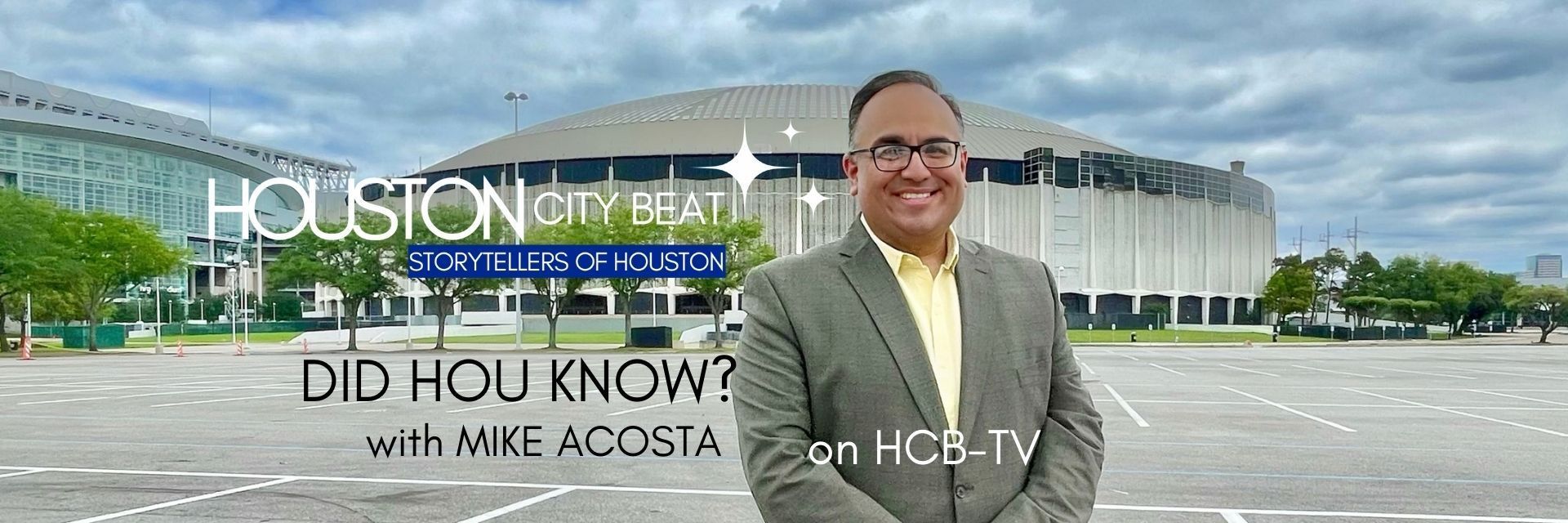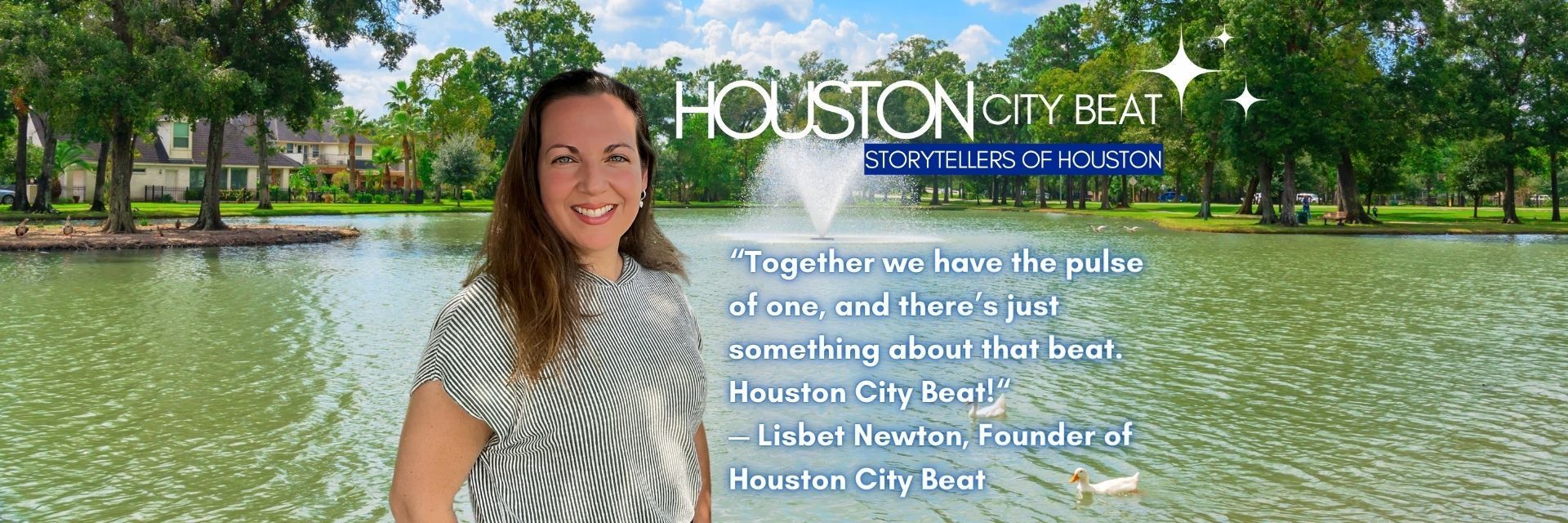On April 5, 2025, Houston lost a beloved figure in Carl Warwick, a Texas native and original member of the Houston Colt .45s, who passed away at 88. Carl’s story is more than a baseball tale—it’s a warm reflection of a down-to-earth man who bridged the early days of Major League Baseball in Houston with a lifetime of community connection. A World Series hero with the St. Louis Cardinals and a cherished teammate with the Colt .45s, Carl remained a Houstonian at heart, living out his post-playing years in the city he called home.
1 of 2

Carl Warwick, a Texas native who played Major League Baseball from 1961-1966, including the Houston Colt .45s from 1962-1963.
2 of 2

Former Astros broadcaster Bill Brown (Left), Nancy Warwick, and Carl Warwick (right)
On the day of Carl’s passing, former Astros broadcaster Bill Brown shared memories of Warwick, painting a vivid picture of a man who was “everybody’s favorite friend.” “Carl was such a down-to-earth, unassuming guy,” Brown said. “He talked at great length, if asked about his career. He was always so humble about it. He realized how blessed he had been to play Major League Baseball and was a great storyteller, just fantastic with the fans.”
A Playing Career Rooted in Houston’s MLB Beginnings
Born February 27, 1937, in Dallas, Carl Warwick’s baseball journey took him from Sunset High School to Texas Christian University (TCU), where he starred before signing with the Los Angeles Dodgers in 1958. While in the minor leagues Warwick became the Texas League’s Most Valuable Player in 1959 after leading the league with 35 home runs, 324 total bases, and 129 runs scored as a member of the Victoria Rosebuds. He was relentless in his development to become a major leaguer, playing winter baseball in the Dominican Republic.
His MLB debut came on April 11, 1961, and recorded a pinch hit RBI single, a favorite memory of Carl for years to come. The Dodgers traded him to St. Louis in 1961 but it was his trade to the expansion Houston Colt .45s in 1962 that tied him to Houston’s fledgling baseball legacy. As the first Major League team in Texas, the Colt .45s took the field—before becoming the Astros in 1965—and Carl emerged as a key outfielder during the team’s formative years at Colt Stadium.
In 1962, Carl started 104 games in center field, smashing 16 home runs—second only to Román Mejías on the club. The next year, he shifted to right field, appearing in a career-high 150 games. “Back in his native Texas,” as Brown noted, Carl thrived, batting .257 over two seasons with 23 homers and 107 RBIs. He wasn’t a superstar, but his steady presence endeared him to teammates and fans alike. Manager Harry Craft once praised his willingness to learn, a trait that shone through in his Houston tenure.
Carl’s 1964 World Series stint with the Cardinals marked his career peak. Traded back to St. Louis in February 1964, he set a record with three pinch hits, helping the Cardinals defeat the New York Yankees in seven games. His 11-for-41 pinch-hitting prowess that season earned him a lasting place in baseball lore, which Carl symbolized by gold-plating his game-used spikes, which he kept as a trophy.
Stories of Friendship and Houston Pride
Carl’s storytelling brought his career to life, as Bill Brown shared. One gem involved his bond with Bob Gibson, forged during their Cardinals days. In segregated Florida, the team bought a motel to house all players together during spring training. “Carl and Bob Gibson were very good friends,” Brown recounted. “Their wives hung out with the children when they were away at games, and they’d have dinner at night as families.” When Carl, now a Colt .45, hit a home run off Gibson in St. Louis, he strolled by the Cardinals’ dugout the next day to say hello. Brown added, “The way Busch stadium was set up, the visiting team walked through the stadium and, in order to get to their clubhouse, had to walk on the field by the Cardinal dugout, over to the third base visitor's dugout and then go up the stairs through the stadium to get to its clubhouse.” Gibson, ever the competitor, stopped Warwick cold: “Don’t you be walking down these steps after hitting a home run off me last night.” Carl likely chuckled, knowing Gibson’s intensity was matched by their friendship.
Another tale took Carl to West Texas’ Kokernot Field, near Sul Ross State University in Alpine, more than 500 miles from Houston. In 1947, rancher Lee Kokernot Jr. built this lit diamond to entertain the community, recruiting collegiate stars like TCU’s Warwick. “He’d work on the ranch during the day and play baseball at night,” Brown said. A big game—say, three hits with a couple of doubles—earned Carl a $50 bill from the rancher. “They played good competition there,” Brown added, noting even a major league exhibition once graced the field.
In Houston, Carl’s charm won over Judge Roy Hofheinz and R.E. “Bob” Smith, the Colt .45s’ visionary owners. During the Astrodome bond vote campaign, Carl ventured into Houston’s Fifth Ward and other neighborhoods, rallying support in the community and the Dome’s future. Later, he threw batting practice for a wager between Hofheinz and Smith over who was the better hitter. “The Judge had taken his hacks with a cigar in his mouth, tie on, banging out line drives,” Brown laughed. “Bob Smith, all muscles from regularly working out, was too tied up to hit.” Carl grooved pitches down the middle, and the Judge won, slipping him a $50 bill.
A Houston Life Well-Lived
After retiring in 1966 following stints with the Baltimore Orioles and Chicago Cubs, Carl settled in Houston, building a successful real estate career. His home overlooked a fairway and became a hub of memorabilia—from autographed bats signed by players to those golden 1964 spikes. “He’s got tons of stuff, great artifacts,” Brown said. Carl’s friendship with Johnny Bench led to a quirky 1975 World Series moment. On the morning of a World Series night game Bench suggested to Warwick that they play some golf to pass the time instead of sitting around all day with nerves. “He (Bench) and Carl went out and played 18 holes of golf, and then Johnny Bench caught a World Series game that night. Now I have to think that probably has never happened,” said Brown.
A Legacy of Respect
Carl’s humility defined him. “He understood he wasn’t a superstar,” Brown reflected. “He was a part-time player, and he got it.” A TCU grad and smart guy, he poured his warmth into Houston baseball, supporting events from golf tournaments to the 1982 Colt .45s 20th-Anniversary push for a commemorative park at the former site of Colt Stadium near the Astrodome. Whether reminiscing about his baseball playing days or grooving pitches for the Judge, Carl’s presence was a constant.
“He was so much fun to be around, not only talking baseball but just life,” Brown said. For Houston, Carl was more than a player—he was a storyteller, a friend, and a reminder of the Colt .45s’ scrappy early days, forever woven into the city’s baseball fabric.









